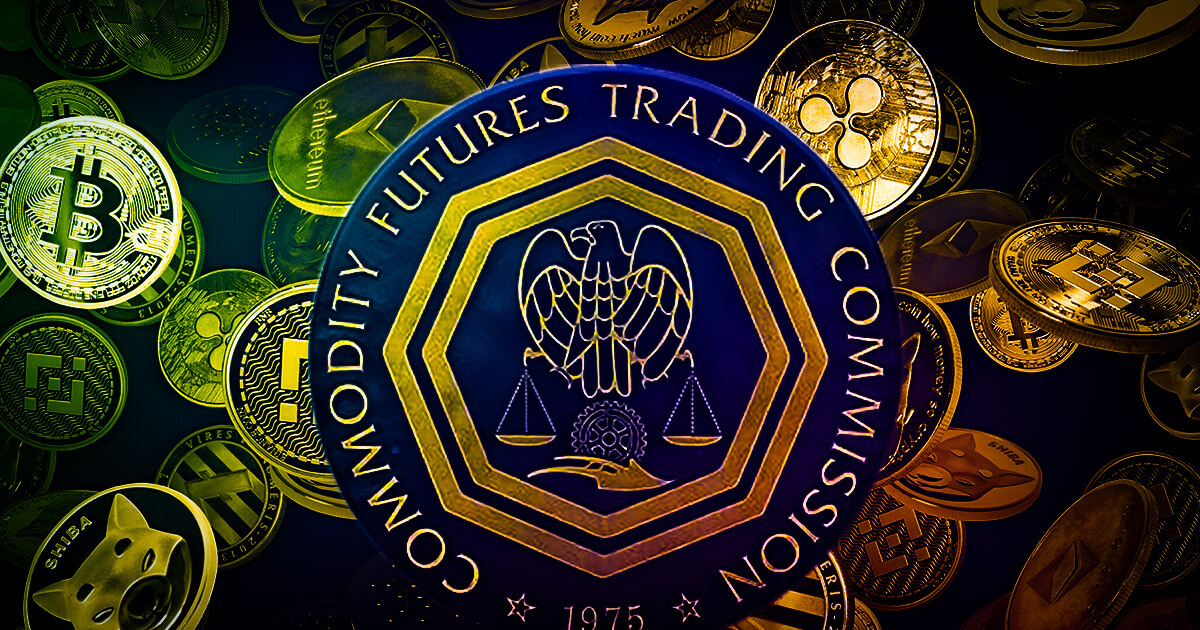
2018-8-19 22:52 |
It was in 2015 that the US Commodity Futures Trading Commission (CFTC) first put its foot down on the unregistered bitcoin options trading platform Coinflip Inc. This event stirred up many debates in the crypto community about the legal nature of bitcoin and other virtual currencies, as well as CFTCs jurisdictional scope in the crypto realm.
The CFTC’s mission is to foster open, transparent, competitive and financially sound derivative trading markets, and prevent abusive practices, fraud and manipulation regarding derivatives and other financial products subject to the Commodity Exchange Act (CEA).
Even though the CFTC has limited regulatory oversight over virtual currency spot markets (i.e cash markets) that don’t utilize margin, leverage or financing, it has full authority to engage in anti-fraud and anti-manipulation enforcement actions on commodities markets where virtual currencies are traded as a commodity in interstate commerce or traded for future rather than immediate delivery.
Virtual currencies as commoditiesAccording to the CFTC’s interpretation, the term “virtual currency” incorporates any digital representation of value (a “digital asset”) that functions as a medium of exchange, as well as any other digital unit of account that acts as a form of currency regardless of its format (tokens, coins, or digital units distributed through smart contacts).
The Commission, however, emphasizes that (given the novel and evolving nature of the commodity and the underlying DLT) this “definition” should not be taken as definitive, nor arbitrary. As of September 2015, the CFTC maintains that “Bitcoin and other virtual currencies are encompassed in the definition and properly defined as commodities, and are therefore subject as a commodity to applicable provisions of the Act [CEA] and Regulations.”
Be careful though — mistaking “other virtual currencies” with “all virtual currencies” in the aforementioned definition is plain wrong; whether a particular crypto token is regarded as a security or a commodity depends on the encompassing facts and circumstances.
It must be noted that the CFTC’s official position on virtual currencies is not contradictory to SEC’s reiterations that most ICOs classify as securities and fall under SEC jurisdiction.
Both the CFTC and the SEC will look past the form and examine the substance on a case-by-case basis, and prosecute violations of the federal securities or commodities laws accordingly.
What about the CFTC and jurisdiction over cryptocurrency exchanges?Generally speaking, markets or platforms that conduct spot transactions in VCs, as well as participants in these markets are out of the CFTC’s regulatory oversight.
That, however, doesn’t mean that the CFTC has its hands tied; even though cryptocurrency exchange registration requirements, trading system safeguards, and the reporting, surveillance and monitoring of transactions are outside of CFTC’s jurisdiction, the Commision has enforcement jurisdiction to investigate fraud and market manipulation through subpoenas, civil enforcement actions and other investigative powers.
In fact, the CFTC has already exercised those powers on numerous occasions. In December 2017, the Commision issued subpoenas to Bitfinex and Tether (even though the subject of the investigation still isn’t clear to the public), and in June this year, it reportedly subpoenaed Bitstamp, Coinbase, itBit and Kraken as part of a market manipulation investigation.
The CTFC’s December 2017 actions were ex-ante justified and legitimized by a landmark ruling that took place on March 6 of this year, in which the New York federal district court affirmed CFTC’s position on its own authority to regulate fraud and manipulation on virtual currency spot markets.
Judge Jack B. Weinstein entered a preliminary injunction order against Patrick McDonnell and his company CabbageTech, Corp., and found that virtual currencies are commodities and are subject to CFTC jurisdiction under the CEA.
Furthermore, the judge added that “until Congress clarifies the matter, the CFTC has concurrent authority, along with other state and federal administrative agencies, and civil and criminal courts, over dealings in virtual currency,” emphasizing that the jurisdictional authority of the CFTC does not prevent other agencies from exercising their regulatory power when appropriate.
CFTC’s general attitude towards cryptocurrenciesThe prevailing attitude of the CFCT towards cryptocurrencies and DLT, in general, is exceptionally positive. Several commissioners have expressed their great admiration for blockchain technology and their beliefs in the DLT’s power to revolutionize the financial world.
CFTC’s actions towards crypto exchanges and other enforcement interventions on the market are adding much-needed security to the crypto industry. With recently-broadened power awarded under the Dodd-Frank act, the CFTC will only cement its role as one of the key regulators of virtual currencies in the U.S.
The author is not currently invested in any digital asset.
The post CFTC And Its Jurisdiction Over Cryptocurrencies appeared first on Crypto Briefing.
origin »Bitcoin price in Telegram @btc_price_every_hour
Emerald Crypto (EMD) на Currencies.ru
|
|















